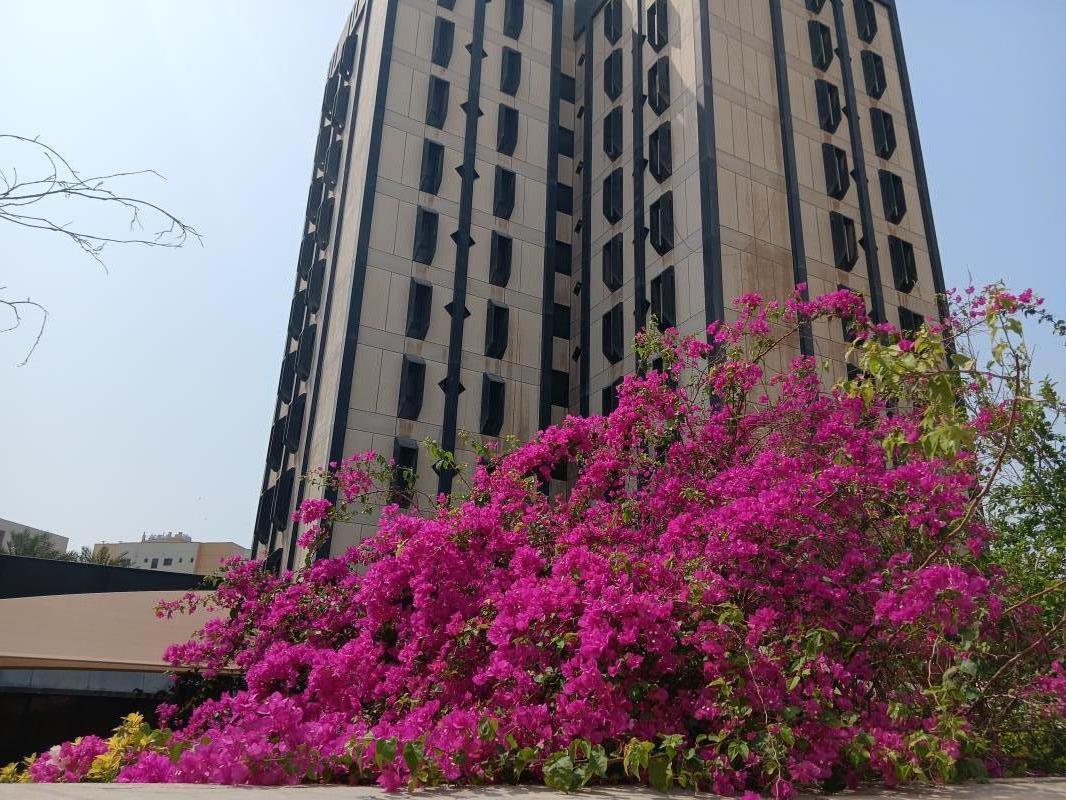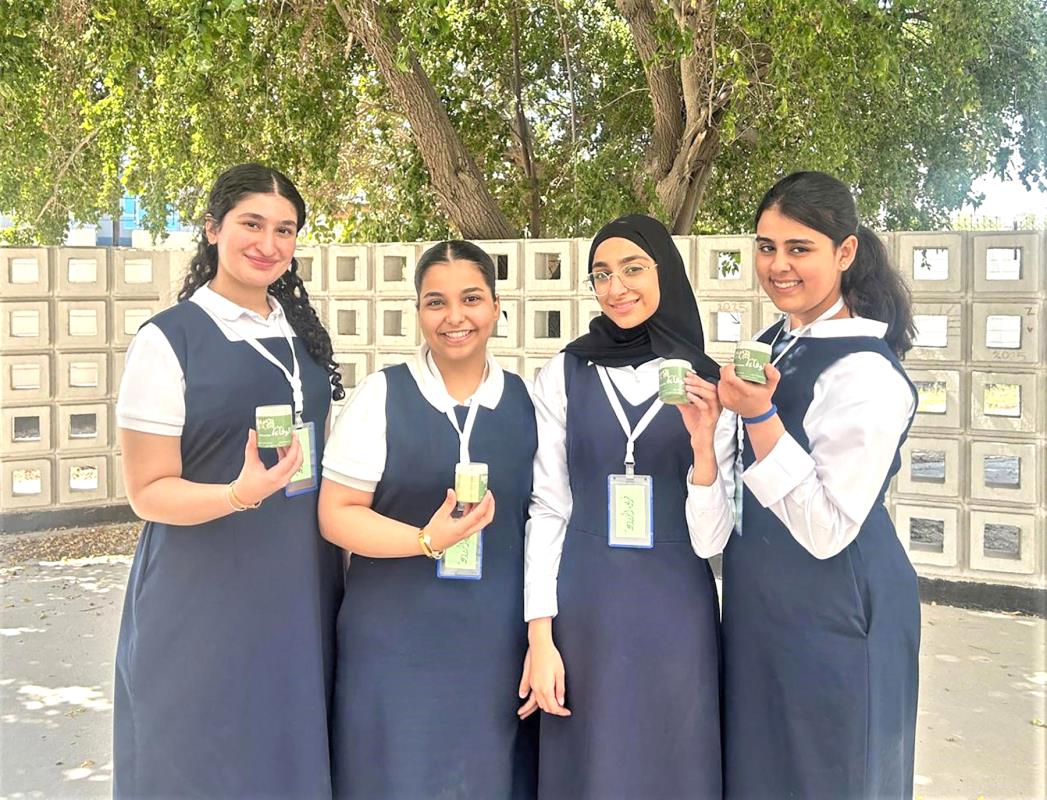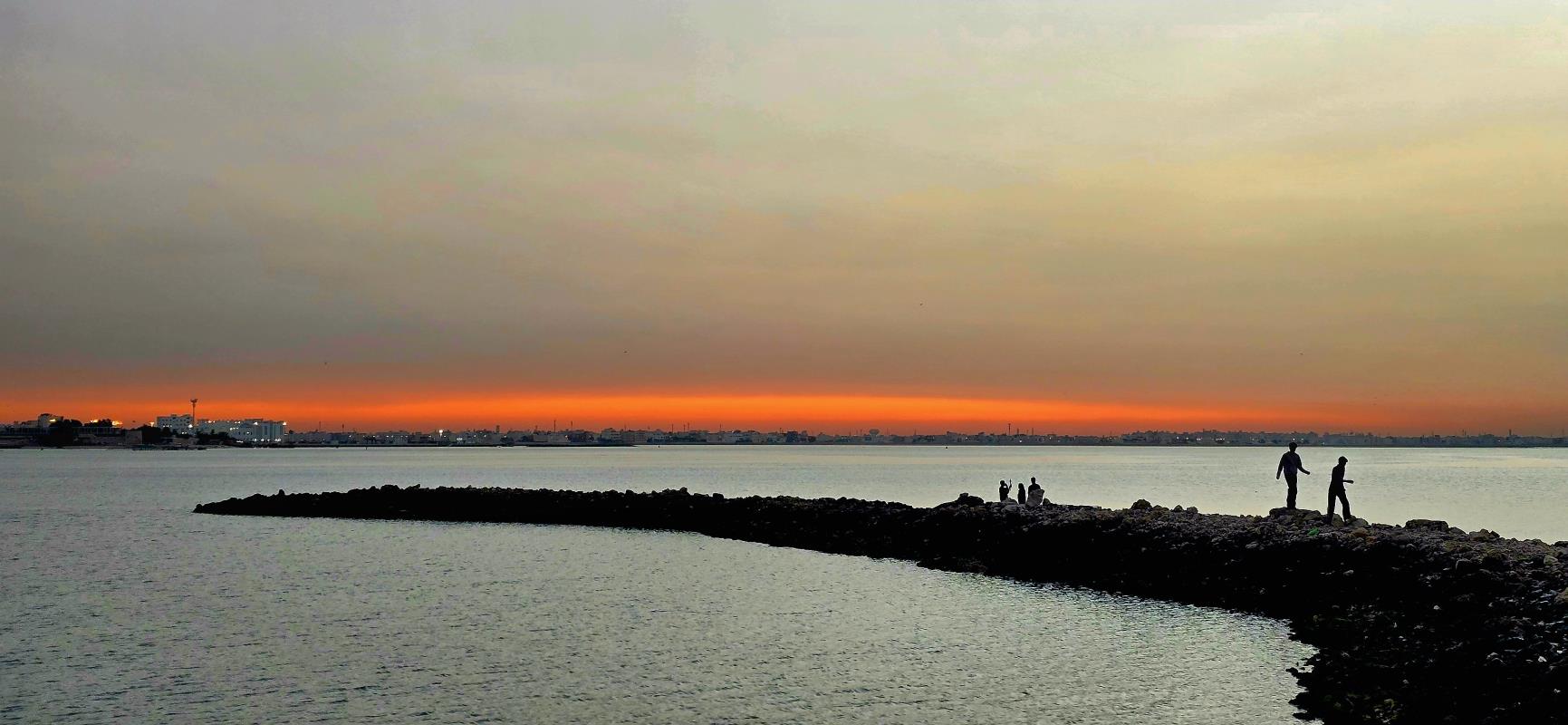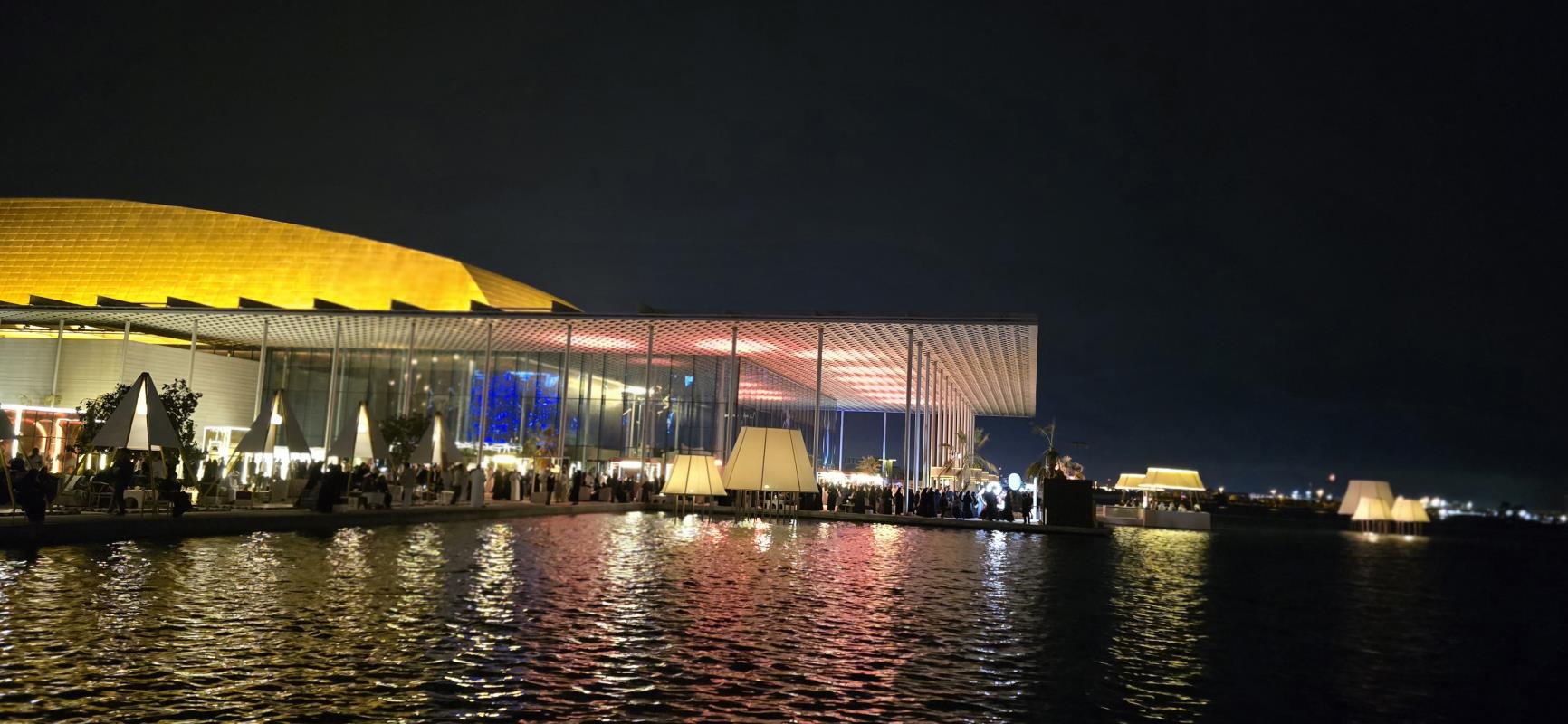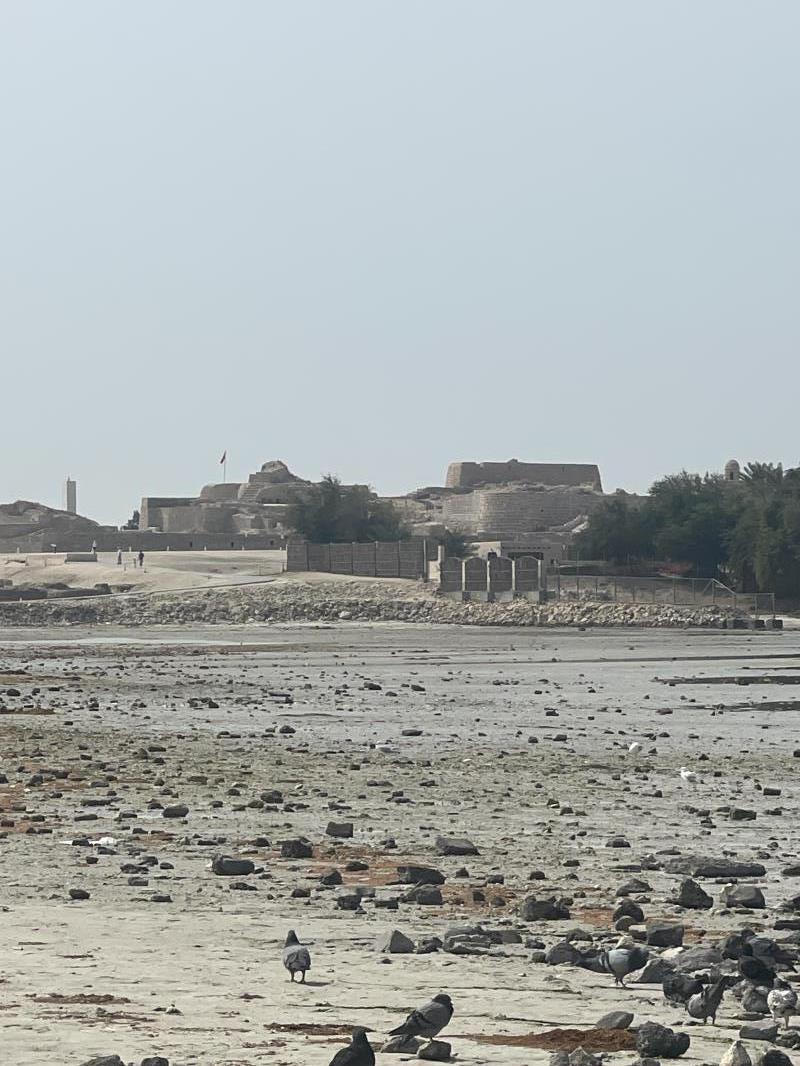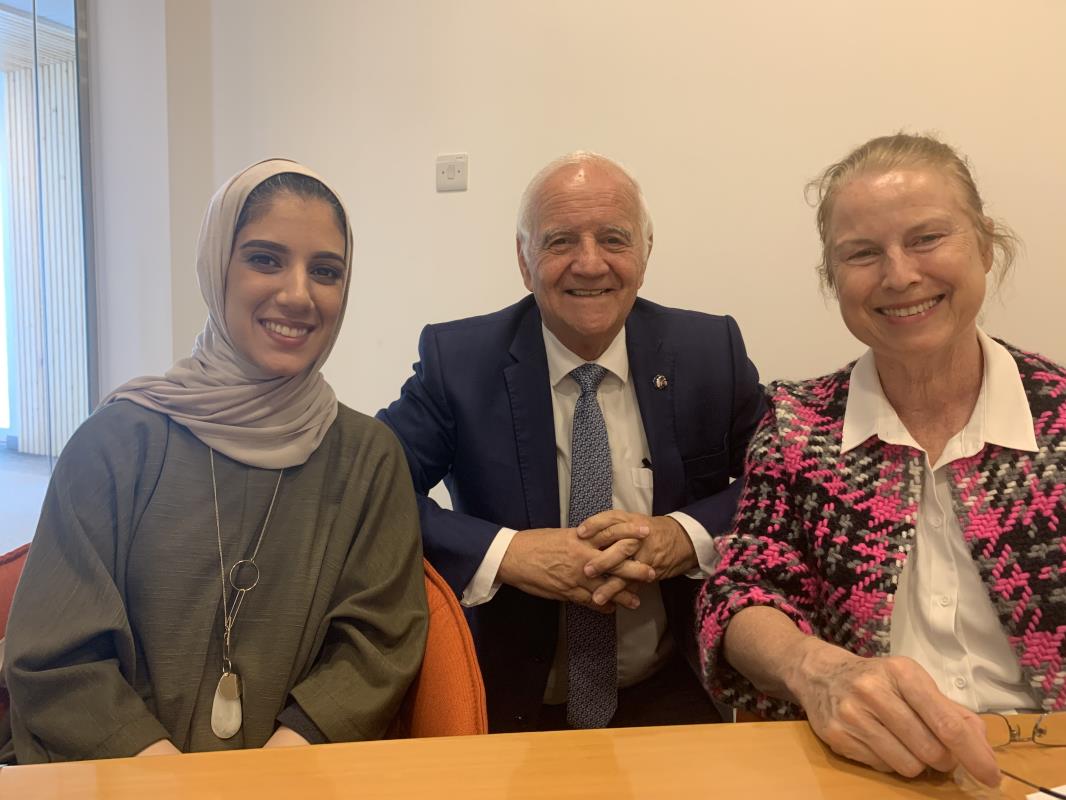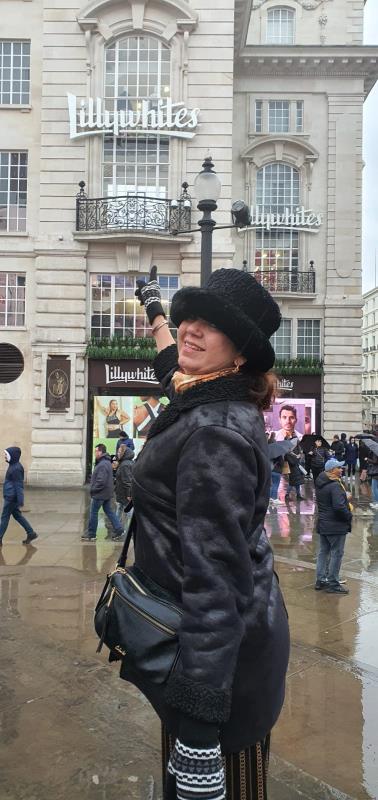
Formula 1's latest plan to get the 2020 season off the mark is to hold the Austrian Grand Prix as scheduled followed by two races at Silverstone, UK.
The first nine races have all been postponed as a result of the global coronavirus crisis and F1 is facing a moving target as it seeks a start date.
But the easing of lockdown restrictions in Austria might mean its race could go ahead on July 3-5 behind closed doors.
It could be followed by two races at Silverstone, also without spectators.
The tentative plan was outlined to teams by F1 bosses at a meeting yesterday at which proposals to reduce the sport's budget cap to $130m (£104.6m) by 2022 were also discussed.
The proposal to run multiple races at Silverstone is not new - the circuit discussed it with F1 bosses earlier this month.
And any proposal on the calendar depends on external factors, particularly the situation with the spread of coronavirus in each individual country.
Austria this week became one of the first European countries to loosen restrictions, allowing thousands of shops to open, although people are still being advised to work from home if possible.
Meanwhile, the UK government announced last Thursday a three-week extension on its social distancing guidelines, as the virus spread has not yet peaked, while France has banned mass gatherings until mid-July.
The calendar is still in flux, with an agreement that races can carry on until January if needs be. Teams have waived the rights to have a say in when races can be held, leaving planning solely in the hands of owners Liberty Media.
Structuring the calendar geographically makes sense, with Europe's races first since they can only be held in summer due to weather, then bunching up races such as Canada, the US, Mexico and Brazil, then moving to Japan, Singapore and Australia.
As the Abu Dhabi Grand Prix is contractually obligated to hold the last race, and pays substantial money to do so, it may well be that Bahrain may host the penultimate race since there is very little distance to travel and they can be held on back-to-back weekends.
The meeting broke up without agreement on where to set the budget cap for the next two seasons and beyond, but all sides in the debate described it as 'positive and constructive'.
The main thrust of discussion was a plan to set a cap of $145m (BD54.7m) next year and lower it to $130m (BD49m) in 2022.
Other proposals on the rules included a sliding scale of allowance for aerodynamic research, with less successful teams allowed more.
That was an idea put forward by the top teams, who presented it as an elegant way to level the field.
The idea in F1 would be that the team who finished first in the championship would be allowed to do the least aerodynamic research the following year and the team who finished last the most.
Mercedes, Ferrari and Red Bull had proposed that this should also be linked to the budget cap - so they could spend more money but would be allowed less aerodynamic research.
F1 bosses rejected that idea, preferring a single cap for all teams, but want to push forward with the aerodynamic handicapping system.
The discussions have arisen out of an acceptance within F1 that the coronavirus crisis has put the sport in a vulnerable position.
The lack of racing means an inevitable drop in revenue because of the disruption of the sport's main income streams of race-hosting fees, broadcasting rights and sponsorship.
A number of measures have already been adopted, including postponing a major regulation change by a year to 2022 and forcing teams to race the same cars next year as this.




















































